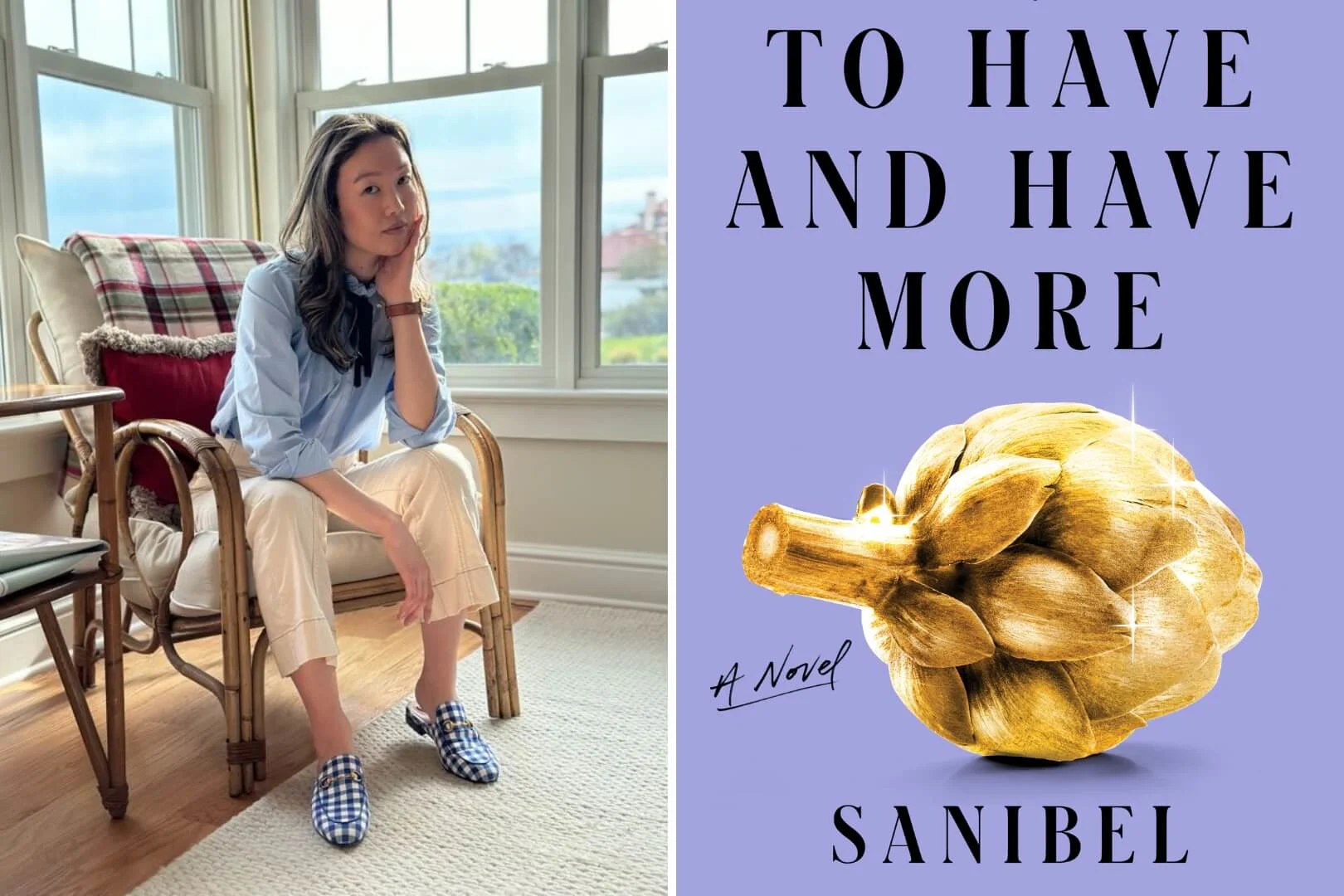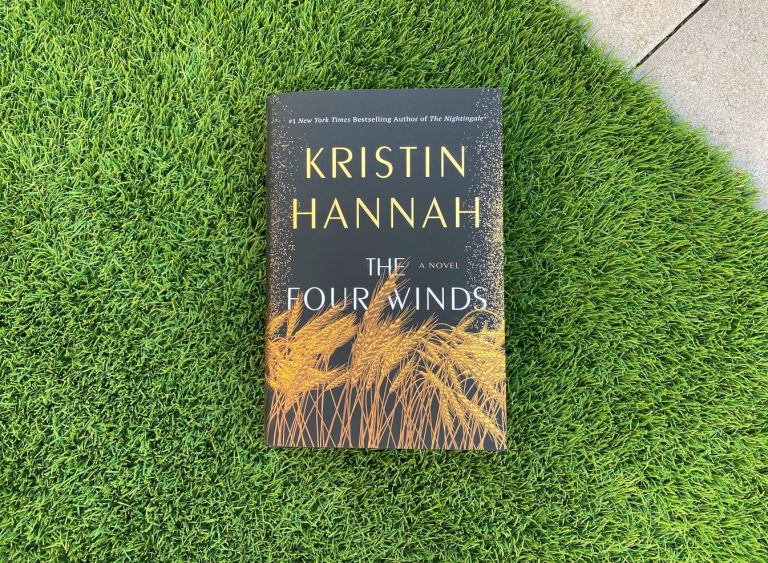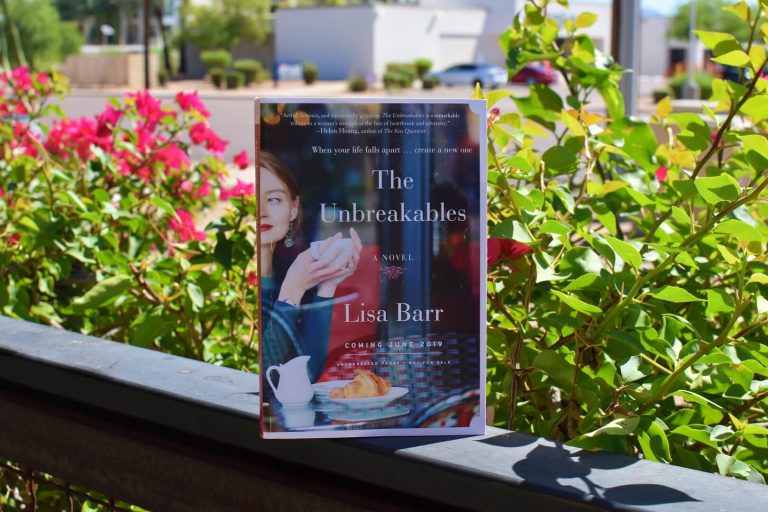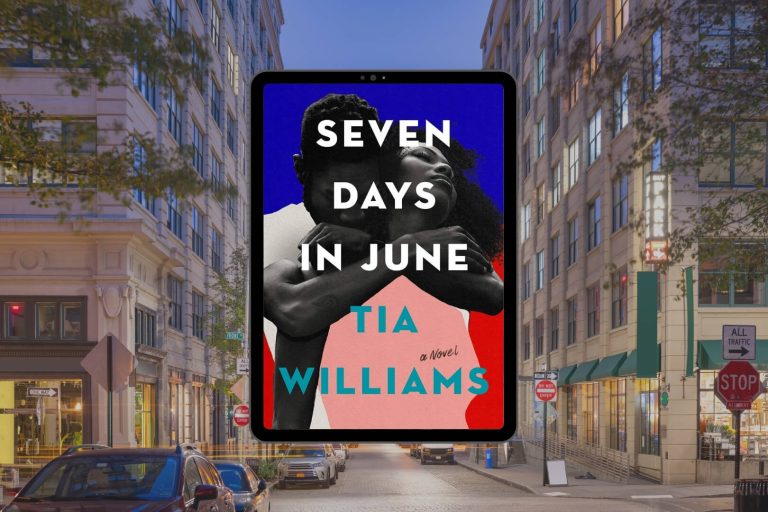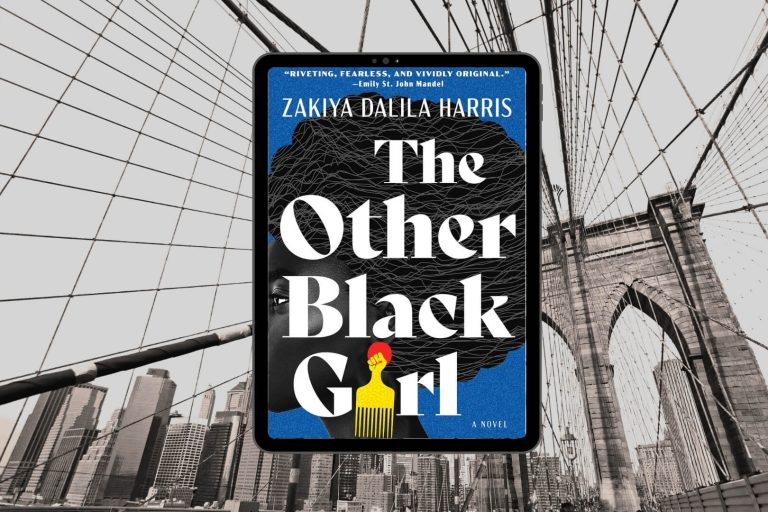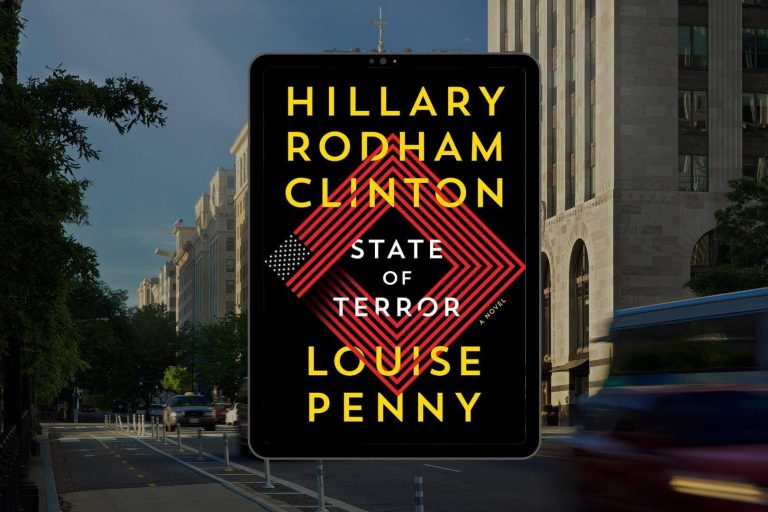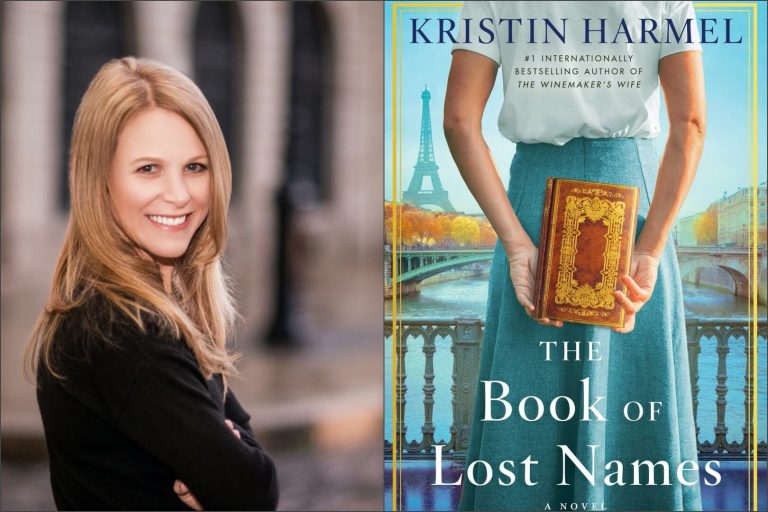Sanibel is the author of To Have and Have More, which is out now.
Sanibel grew up in Princeton and studied Classics at the University of Pennsylvania before getting her MFA at The New School. Her essays appear in New York, Air Mail, ELLE, and Lit Hub. She lives in Greenwich Village with her husband and is currently working on a satirical reimagining of The Odyssey from Athena’s POV.
To Have and Have More is told through the eyes of a Korean girl adopted into a wealthy white family. This darkly funny debut explores casual racism, privilege, and the complexities of friendship.
Get to know Sanibel as she talks favorite novels, inspiration behind To Have and Have More, her TBR and more!
What are some of your favorite novels?
Some of my favorite titles (and the ones I find myself recommending constantly) are Mark Leyner’s My Cousin, My Gastroenterologist, John Rechy’s City of Night, Paul Beatty’s White Boy Shuffle, and Jessie Redmon Fauset’s Plum Bun.
When did you know you wanted to become an author?
For the past ten years, my best friend Jerry and I have written each other screenplays in lieu of exchanging birthday gifts. The screenplays are always the same thing: a thinly veiled fictionalization of the last year filled with private jokes and one-letter-changed names. At some point we realized these scripts were actually good (and that we hated our jobs)—so we both ended up pursuing writing full time. I chose the novelist route and Jerry is a comedian in LA. It’s a full-circle (and ten years in the making) moment that Jerry is moderating my event in Santa Monica.
What inspired you to write To Have and More?
I wrote an Asian character in this predominantly white (and hyper-privileged) boarding school setting because I feel like most Asian stories fall into 2 buckets: the crazy rich asians universe or the weird-lunch-ostracized-outsider narrative. I want to subvert the expectation that a story about a young Asian woman has to be a “fish out of water” story. When the protagonist is popular and knows what to wear and does not stumble into social faux pas, she isn’t defined by being so dramatically Other.
I’ve always been interested in the 2nd and 3rd gen Asian experience and what you gain/lose when your parents (or grandparents) “successfully assimilate” and being foreign (though some people may perceive you as such) is not a factor. This sense of acceptance is amplified with money, which is the ultimate social lubricant. If you are wealthy and have no accent and are fluent in social mores, white people can almost overlook your race.
But POC who possess privilege have to navigate a very tricky landscape. There’s a disconnect between what is expected of them a) as minority underdogs and b) part of the 1%. My protagonist is caught between being accused of using her family connections to get a teacher (who said racist things to her) fired and being stereotyped as a meek, passive wallflower.
My book, at its core, is about the intersection of class and race. Wealth is always a complicating factor when it comes to identity but it’s especially so for young Asian women, who are not thought of as people who wield power.
What was your favorite part or chapter to write?
The parts that were the most fun to write were the nasty quips the mean kids say to each other. I challenged myself to come up with non-cliched, original bullying. How do you insult someone to their face in such a way that they question if it’s really happening? How do you prey on someone’s insecurities and gaslight them at the same time? Bullies so often fall into trope traps so it takes a lot of creativity to draw one who feels real but not too familiar.
What are you currently reading and what’s on your TBR (to be read) list?
In preparation for my next book (which also explores privilege and class, but emphasizes TASTE in a way that To Have and Have More does not), I’m reading Pierre Bourdieu’s Distinction and Paul Fussell’s Class. For fun, I’m reading Orwell’s Coming Up For Air, Danez Smith’s Bluff, and José Saramago’s Blindness.
